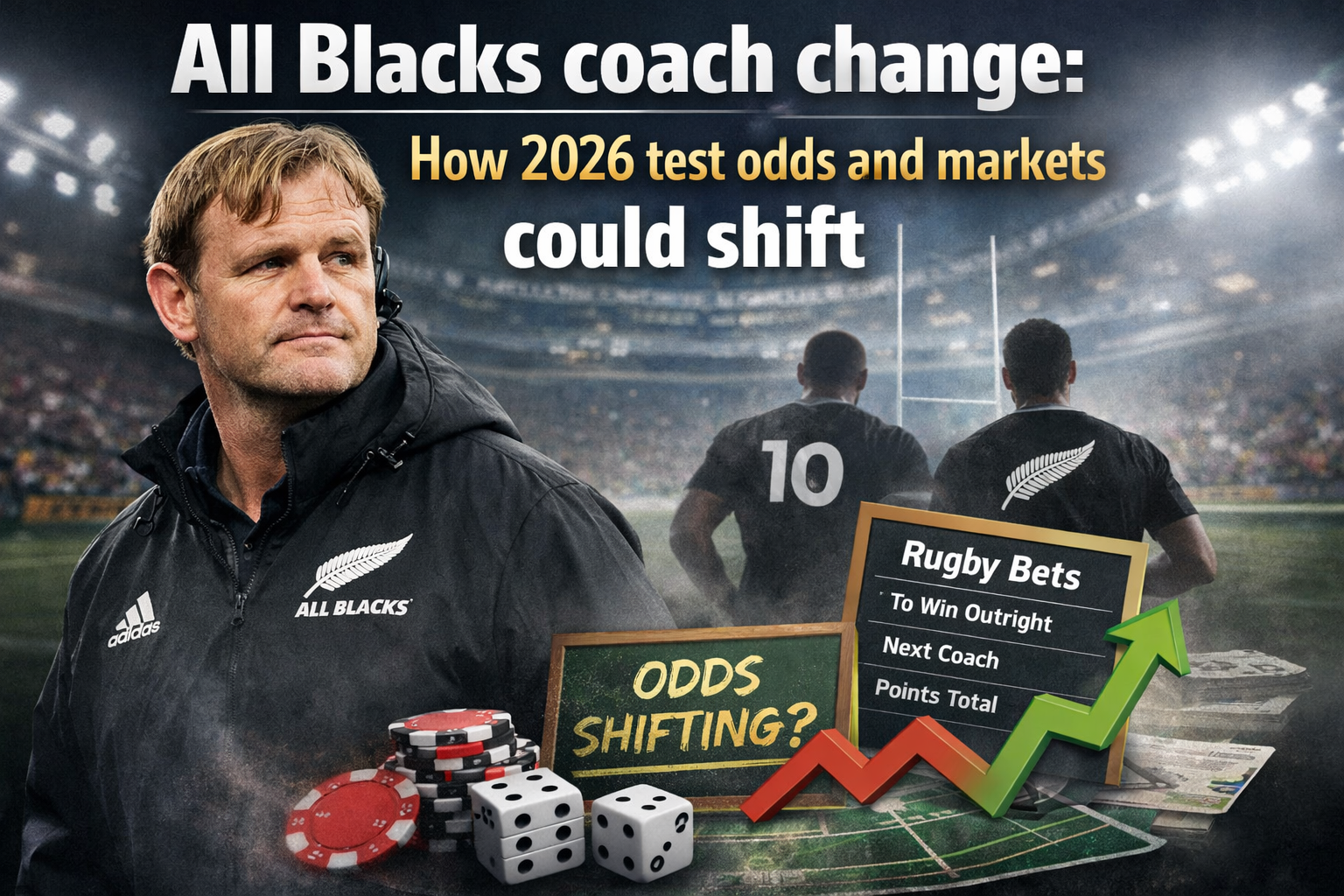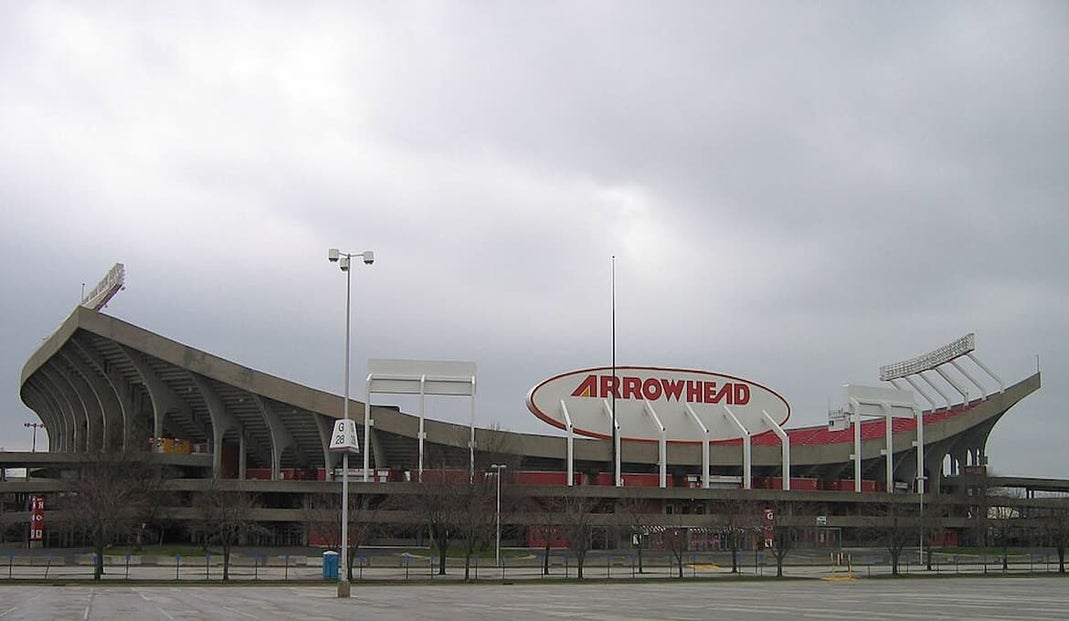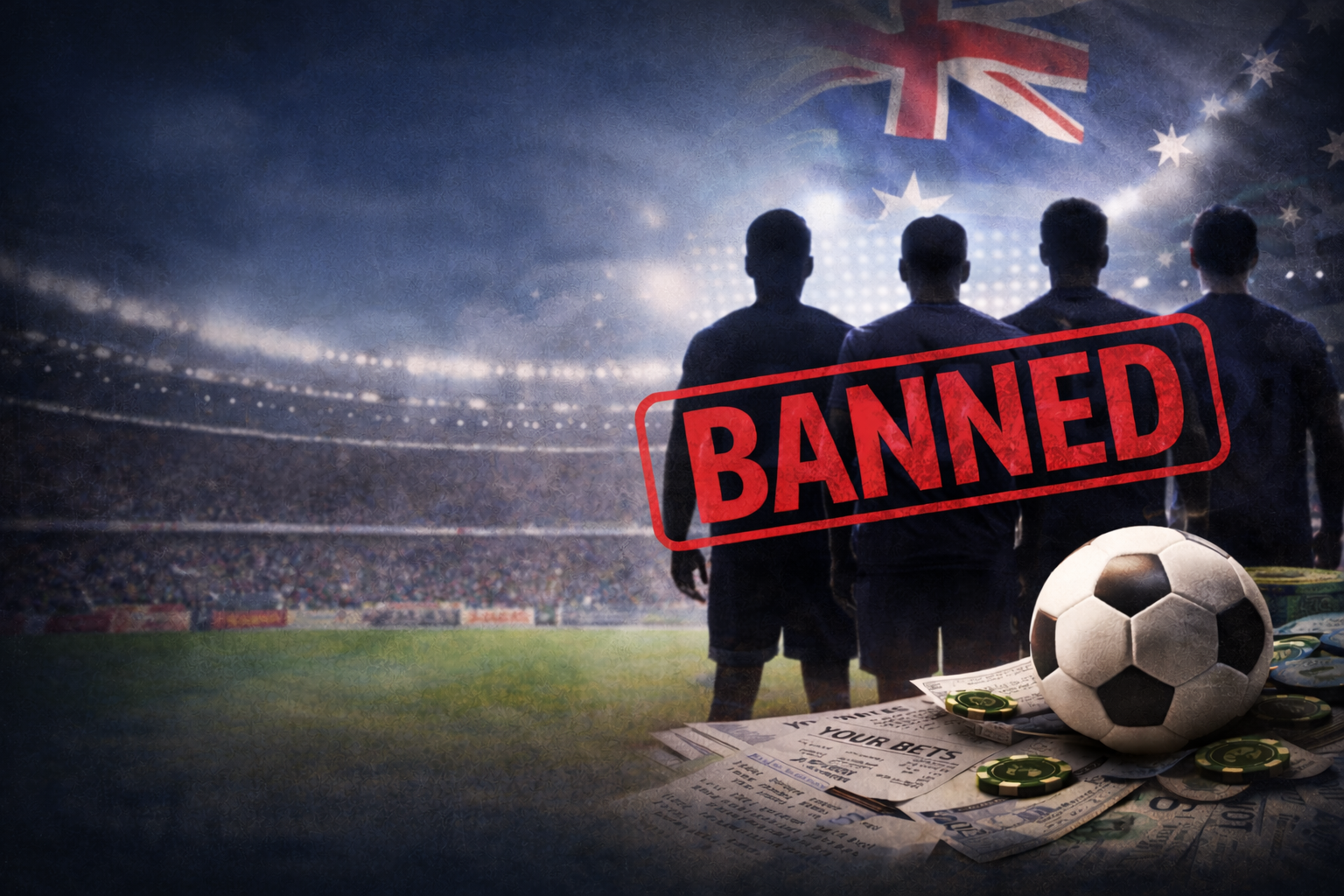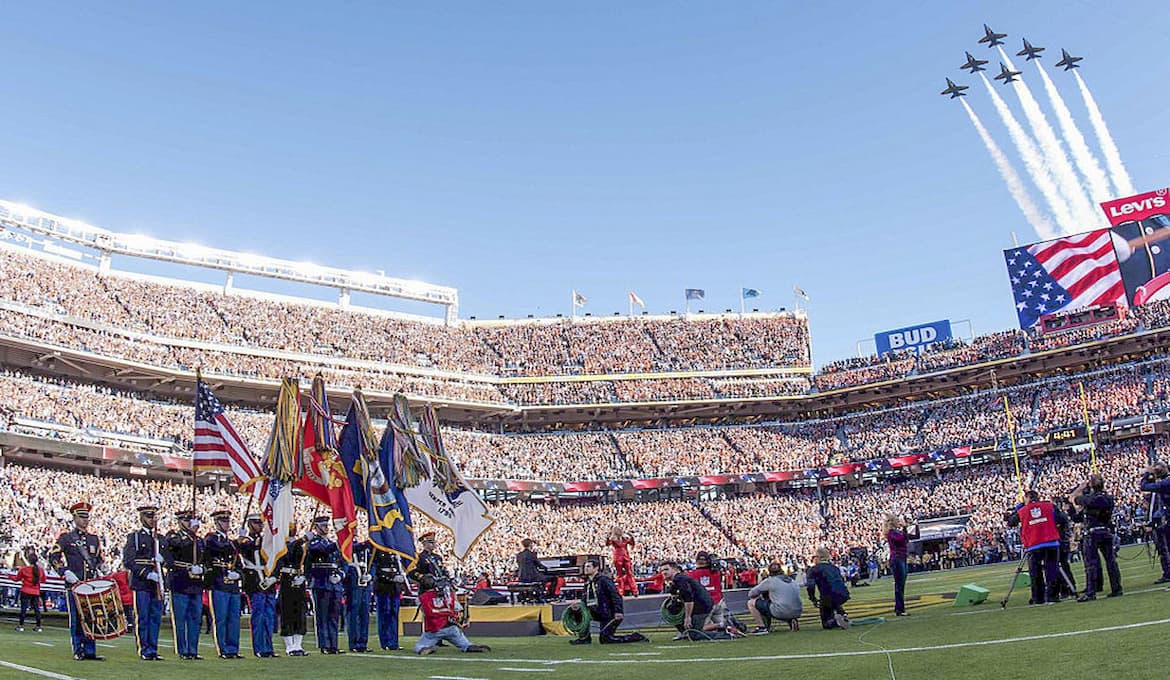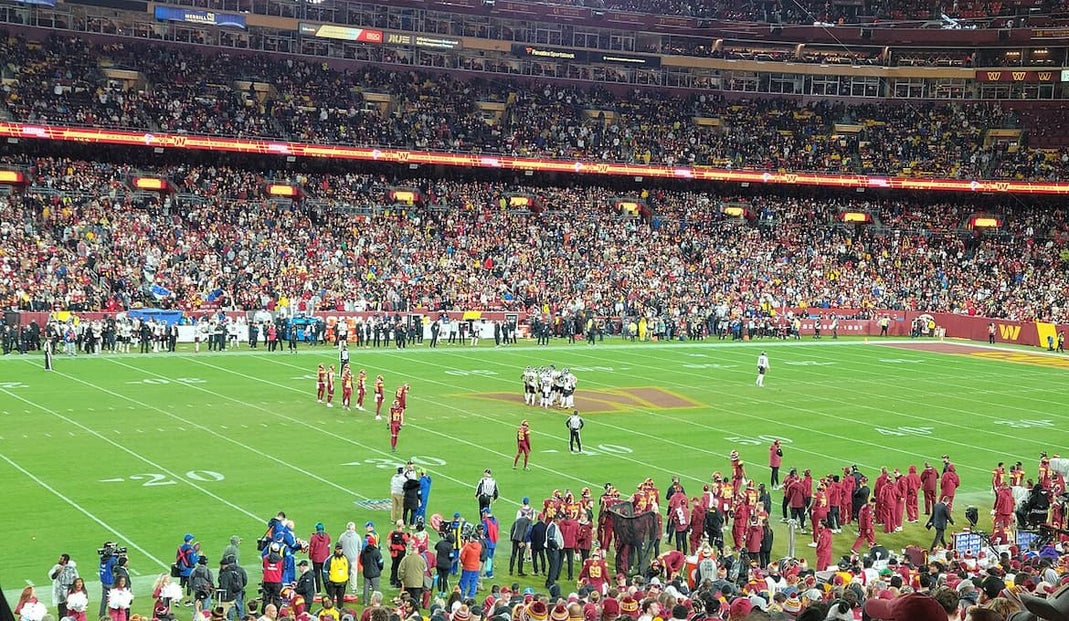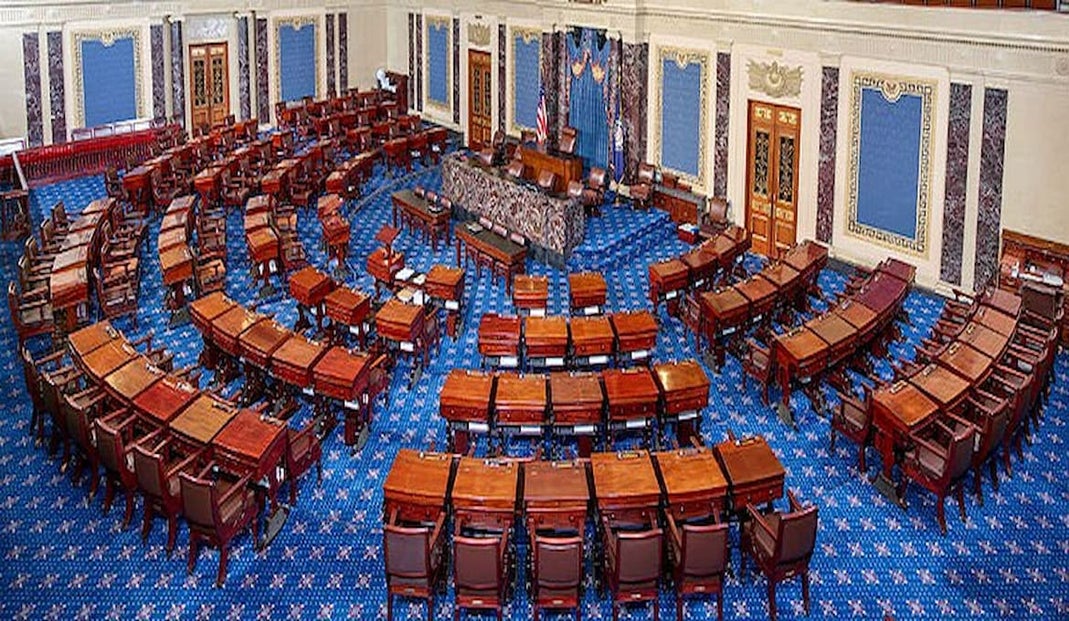Rules Around Markets Remain Unclear
The biggest questions around sports prediction markets center on the rules operators are required to follow. Since event contracts are not considered to be a form of sports betting, platforms don’t need to follow the strict rules and regulations that the gambling industry is subject to.
This key distinction raises many questions, especially around fair play laws. Those require sportsbooks to provide bettors with a fair chance to win their wagers, but prediction markets are exempt.
Operators originally focused on straight bets, with the price (or odds) being set by market demand. However, parlays need odds to be set, which would require a partnership with an bookmaker. Kalshi recently launched this feature without an announcement, or information on how odds were being set.
How Will the CFTC Manage the Industry?
As of now, the CFTC has sole regulatory authority over the prediction market industry, including for sports. However, states are pushing hard to move that authority to their own regulators, who also covers sports betting.
One of the most significant concerns is the CFTC’s ability to regulate an industry growing at the speed of light. The department has suffered cuts to its staff, and has not added any to account for sports prediction markets. That will make it harder to monitor and catch problems, potentially putting customers in danger.
One reason for the CFTC remaining mostly silent on the industry is their lack of leadership. Only two of the five commissioner positions are currently filled, and the White Houses’s nominee to take over has been dropped. Until those spots are filled, we may not get much clrity from the federal regulator.
What About Problem Gambling?
Those lobbying on behalf of sports prediciton markets are arguing that state governments should not be allowed to tamper with the industry. They claim that Americans have the right to spend their hard-earned money how they see fit, and shouldn’t be limited by state lawmakers.
While that argument has been effective, it has also raised alarms over problem gambling. The “hands off” approach to the industry suggests that it may not include problem gambling protocols. This could lead to a horrific spike in gambling addiction, as well as the crimes that oftern come with it.









